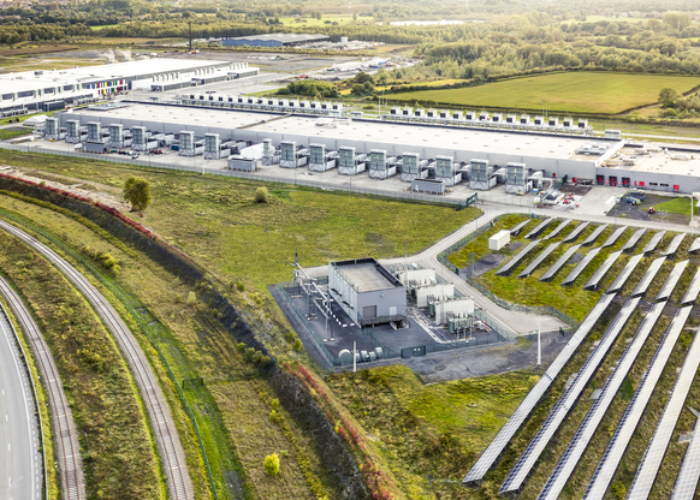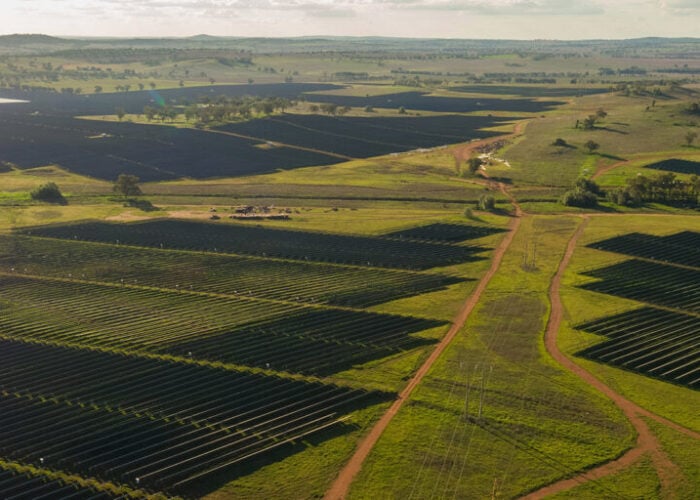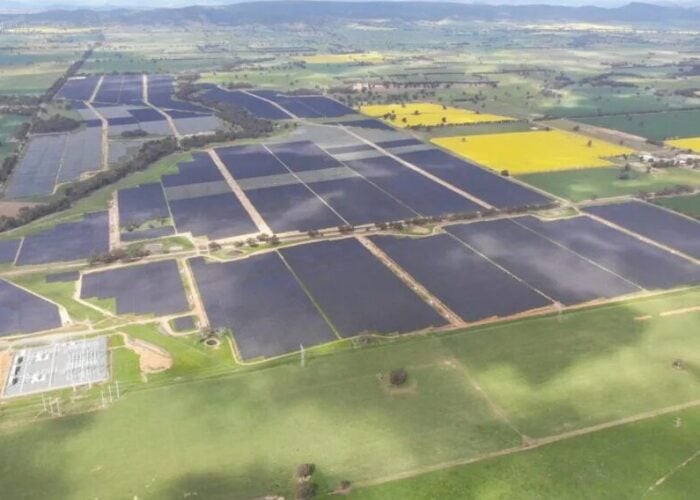
Last week, the Australian federal government proposed legislation that will lock-in Australia’s commitment to achieve net zero by 2050 as well as providing greater oversight and accountability over progress on climate change in a sharp departure from the previous administration.
Dubbed the Climate Change Bill 2022, the Bill has four key parts that lawmakers hope will catapult a country often seen as dragging its heels on climate change into a position of climate leadership.
Try Premium for just $1
- Full premium access for the first month at only $1
- Converts to an annual rate after 30 days unless cancelled
- Cancel anytime during the trial period
Premium Benefits
- Expert industry analysis and interviews
- Digital access to PV Tech Power journal
- Exclusive event discounts
Or get the full Premium subscription right away
Or continue reading this article for free
While Australia’s previous Conservative administration committed to a net zero 2050 target, it refused to enshrine this into national legislation in a move which at the time was described as “disappointing” and “unambitious” by the country’s Clean Energy Council.
Now, under the recently elected Labor government, however, the country looks set to pass the new legislation, with the help of the country’s Green Party, that will commit it to reducing greenhouse gas emissions by 43% below 2005 levels by 2030, before reaching net zero by 2050.
Australia’s minister for the newly formed department of Climate Change and Energy, Chris Bowen, said the legislation would send strong signals to the energy industry regarding the intentions of the new administration as well as renew the country’s standing on the international stage.
Crucially, the Bill locks in these commitments into the long term via ordering key government agencies, such as ARENA, Clean Energy Finance Corporation (CEFC) and Infrastructure Australia, to make the legislation part of their mandates, meaning future governments will be much harder pressed to change or remove the targets.
The leader of Australia’s Green Party, Adam Bandt, tweeted that his party had “secured changes to Labor’s weak climate legislation and will vote to pass it” but added that he was disappointed in the administration’s support for new coal and gas projects as he pledged to fight any increased investment in fossil fuels.
Following the news, Australia’s rating on Climate Action Tracker has been ungraded from “highly insufficient” to merely “insufficient”, a label many other developed nations have. It’s domestic target, however, was bumped up to “almost sufficient”.
“The new government has an opportunity to increase its climate action in the crucial period to 2030. To achieve this the Albanese Government needs to abandon its support for new fossil fuel projects, which will drive emissions up, not down,” the climate monitoring organisation said.
The Bill also demands the country’s independent Climate Change Authority provides advice and updates on Australia’s progress against those newly strengthened targets, while a separate section requires the minister for Climate Change to deliver yearly reports to the country’s Parliament on progress in meeting the targets.






